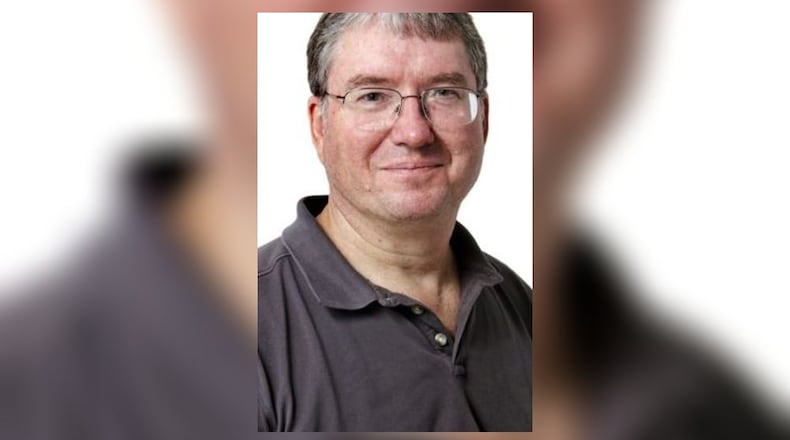It was not a goal.
In truth, it’s something I never imagined.
But I seem destined to tow a collection of my regrets around with me like a little U-Haul trailer hooked on to the bumper of a small car. It’s gone on long enough now that I’m pretty sure the trailer will be in my rear view mirror when I slide into the parking space at the crematorium.
I don’t know how the brain really stores them, of course.
But I picture all my regrets being wedged into the back of the little trailer like the Life Spam we jam into the back seats and trunks of our cars after the final trip through a house we’re moving out of.
Each has a likeness to the items scattered on tables at the end of a two-garage sale held before the move. Among the leftovers are electric appliances long obsolete and white plastic toys that no amount of scrubbing can clean.
Each regret formed in some messy moment, usual one in which I disappointed myself, wronged someone else or – most often –come out the loser on both ends of that double-header.
I console myself with the thought that many of these offenses have long since been water over the dam, under the bridge, or down the toilet in the lives of those I’ve offended.
But that so depends on the person.
Each of us has what I long ago came to think of as a “personal Velcro” that determines what sticks to us and what doesn’t.
I think of my father as being coated with Teflon in that way.
In my 20s, about the time I realized how badly my adolescent self had abused my parents, I made a heartfelt confession to him about a moment in which, having ignored his obviously good advice, the depth of disappointment on his face cut the knees out from under me like no amount of hollering ever could.
When my confession ended, he had one to make.
He had no memory of it.
That, of course, made me wonder what he did remember, but the potential answers so scared me that, despite my best efforts, the question got stuck in my throat somewhere south of the Adam’s apple.
But for every person who is like my Dad, there are many of his opposites, people to whom forgiveness is elusive.
I think of them as Scrooges of the soul, in whose offices hang framed pictures of young versions of themselves walking across the stage at commencement to accept advance degrees in faults accountancy.
To them, the adage “no harm, no foul” has no place in life.
But none of that means anything when the trailer of my regrets opens up and one of them pops into my brain.
The appearance is triggered in the way that something that seems like a snippet of song lyric passes by in conversation and the mental jukebox starts playing the song.
Neither the most forgiving or least forgiving person in the world comes to mind when it happens.
It’s just me and the regret in a dark room.
When I feel the full weight of it, I’m a little envious of the legendary Sisyphus. As Wikipedia tells us, the Greek king of legend “was punished for his self-aggrandizing craftiness and deceitfulness by being forced to roll an immense boulder up a hill only for it to roll down every time it neared the top, repeating this action for eternity.”
OK, so I don’t really envy him, though the stone rolling would at least give me something to do until the virus goes away. Still, the process repeats in the same way.
But there’s also a balancing of sorts at work for all who tote around regrets.
Because life presents us with a chance to do things we know we’ll never regret: Make phone calls in which we hear happiness in the voices of our elderly mothers. Enjoy a popsicle with a grandchild on the front step after the sprinkler gets turned off. Hold a door. Smile at a stranger.
I’ll mention one more. Like the quote that opened this column, it’s from one of the many books I’ve read on my front porch swing during the pandemic.
It’s “Presumed Innocent” author Scott Turow, and is lifted from his book “Testimony.”
“Life, of course, is full of people you discover you like a lot and then never see again. It’s one of the many small tragedies of going around only once.”
During the pandemic, I haven’t really contacted such people.
But I have called a few longer term friends I’ve not seen or heard from for a while.
When it’s over I hope to contact more – and to gladly meet more folks than I may never see again.
Their faces can all ride together in a large trailer attached to the bumper of my small car.
